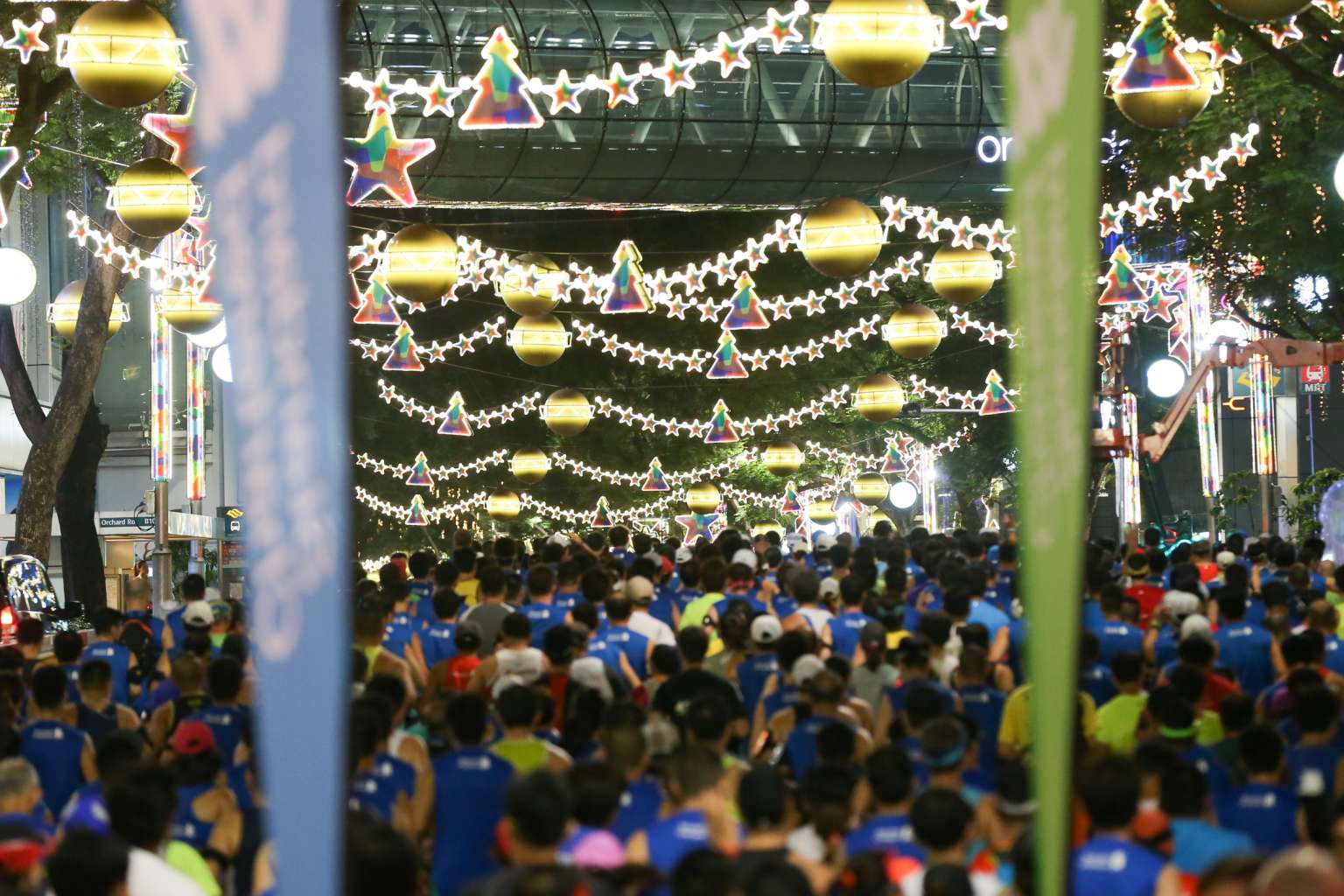Sports organisers work with govt agencies
Sign up now: Get ST's newsletters delivered to your inbox

Officials say there was a step-up in security at sporting events in the immediate aftermath of the Boston Marathon bombings.
ST FILE PHOTO
Chua Siang Yee
Follow topic:
THE 2013 Boston Marathon bombings, which killed three and injured more than 250 racegoers, dispelled any notion that sporting events - even one as steeped in the spirit of community as a marathon - are safe from terror attacks.
The threat is made worse by the fact that sporting occasions are "soft targets" - they are especially difficult to secure, given the large number of people involved.
As well as the attack on Boston, the 1972 Munich Olympics were targeted. Closer to home, Sri Lanka's cricket team were fired on by 12 gunmen near a stadium in Pakistan in 2009.
While the threat level in Singapore is generally lower than that in other countries, officials here say there was a step-up in security at sporting events in the immediate aftermath of the Boston tragedy, although security plans are reviewed with each event.
At the 2013 Standard Chartered Marathon, X-ray machines and metal detectors were put in place as part of heightened measures during the "tension period" after the Boston bombings.
Spectrum Worldwide CEO Chris Robb, whose company runs the Standard Chartered Marathon Singapore and Cycle Asia Singapore, says: "As organisers of mass-participation events, we always work closely with the government agencies to understand any changes in security level and follow their recommendation on the security plan to be put in place for each event.
"Our head of safety and security, Robert Scully, was previously senior assistant director (safety and security) at Singapore Grand Prix and is vastly experienced as well in assessing such risks."
Insight understands that race organisers hold regular consultations with police, among other government agencies, to determine the threat level and security guidelines before an event.
Other measures include the use of trace detectors, which can detect particles and vapours of explosives. They are commonly used to scan bags at baggage deposit areas, and are now par for the course at mass-participation events.
While one would expect the starting and finishing points of a race to be of higher risk, measures are also put in place to safeguard the route. Course security personnel - essentially mobile security units - are stationed at various points of a route to respond to any threats. Extra security cameras are set up at "hot spots" across the race route to look out for suspicious behaviour.
Organisers also rely on their team of auxiliary police officers and security officers to ensure crowd control and to identify threats early. In addition, race volunteers are briefed on safety protocol and told to report suspicious activity immediately.
Mr Scully, who has 20 years' experience working in the security field, says: "Organisers will ensure there is enough manpower to protect an event, but there is also an onus on the participants to report any suspicious items or behaviour. Security is everyone's responsibility.
Additional reporting by Sanjay Nair
Additional reporting by Sanjay Nair

